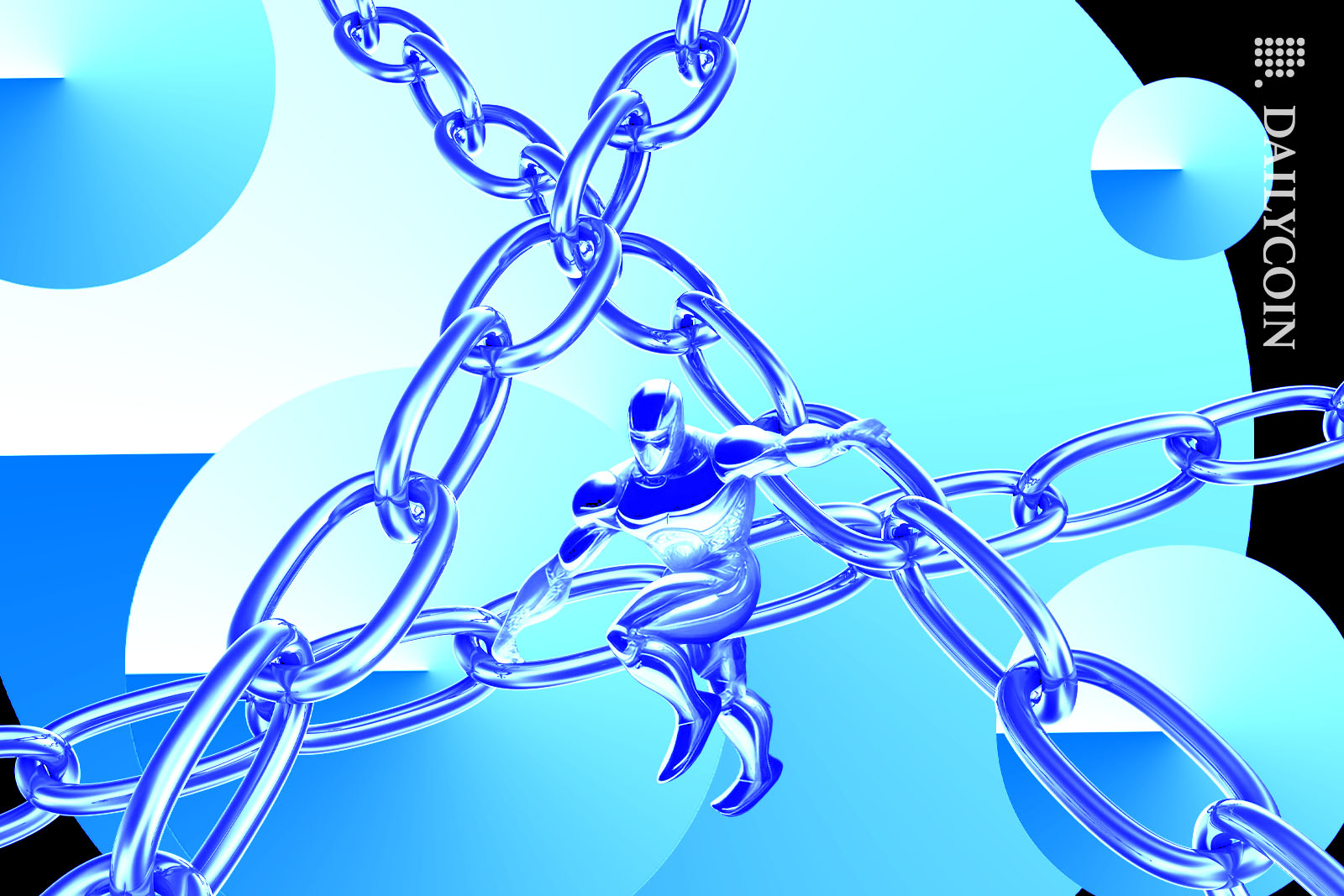- ZetaChain introduces Gateway and Localnet for a better DevX.
- Gateways enable seamless multi-step operations across blockchains.
- Localnet provides fast smart contract deployment with immediate feedback.
Blockchain interoperability is one of the core problems of current technology. If various blockchain networks cannot integrate and work together, blockchain applications are limited to native chains. This greatly reduces the potential for innovation in the space.
One project that is realizing the potential of cross-chain applications is ZetaChain, a network that brings together various chains. The latest upgrade aims to significantly improve interoperability between various blockchains and make “Universal Apps” a reality.
Building apps across chains just got easier.
Until now, applications that can run on all blockchains have been a fiction. However, on Thursday, July 18, ZetaChain announced a major upgrade focused on strengthening “universal apps” – smart contracts that can interact with all blockchains. The upgrades, called Gateway and Localnet, are focused on making cross-chain apps a reality.
The new Gateway upgrade provides a single interface (API) for developers to interact with multiple blockchains. Instead of managing each blockchain connection individually, Gateway drives all connections through a central hub, making it much easier for developers to manage.
Developers will also benefit from Localnet, a new development environment that accelerates app creation and testing, allowing developers to build cross-chain apps faster. This environment mimics the experience of running apps on a single chain, while allowing apps to run on multiple blockchains. These two improvements enhance the capabilities of Universal Apps on ZetaChain.
The potential of universal apps
ZetaChain’s universal app allows users to send and receive tokens, messages, and contract calls across multiple blockchains, essentially executing complex multi-step transactions in a single step.
A key selling point of universal apps is a better user experience: users can interact with multiple chains in a single step, significantly reducing the complexity of cross-chain interactions.
For example, a Bitcoin user can use the Universal App to send USDC to someone on the Ethereum blockchain without interacting with either chain. Similarly, an Ethereum user can purchase an NFT on ZetaChain and send it to their account on the Binance Smart Chain in just one step.
There are many challenges with this approach, including scalability, centralization, and security issues. However, if ZetaChain can prove that it can solve these problems, it can advance blockchain interoperability.
On the other side
- Upgrading gateways helps increase scalability, but because they centralize communications, they can create bottlenecks as your network grows.
- Integrating with multiple blockchains is complex and time-consuming, and network forks can break integrations.
Why this matters
ZetaChain paves the way for more accessible and efficient blockchain applications by simplifying complex cross-chain operations and providing a unified development environment.
Learn more about blockchain interoperability.
What is a Blockchain Cross-Chain Protocol?
Learn more about expanding the Solana ecosystem:
Solana sees market ecosystem growth led by Stripe and PayPal integrations: Report

